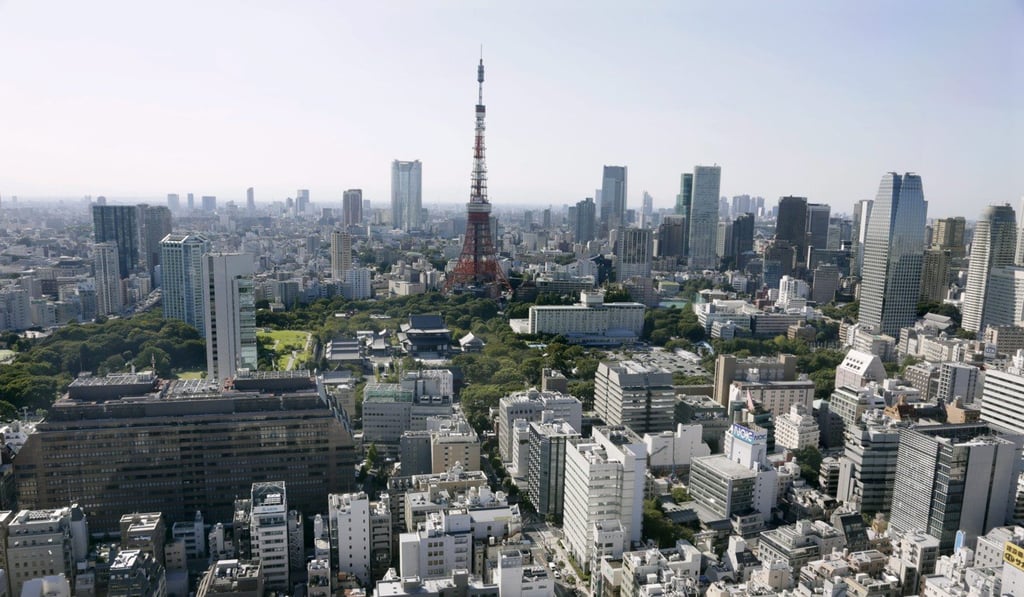Advertisement
Why do Singapore, Tokyo and Kuala Lumpur work so hard?
- Workers in the three Asian cities spend longer in the office, take fewer holidays and have some of the worst work-life balance in the world
- This workaholic culture sits in stark contrast to cities in Northern Europe, where vacations are long and the average working week is much shorter
Reading Time:4 minutes
Why you can trust SCMP

Kok Xinghuiin Singapore
A typical working day for Singaporean office worker Shamir Osman lasts about nine and a half hours, so packed full of meetings and calls that he sometimes does not even get a chance to eat.
Advertisement
The 39-year-old public relations manager’s hectic schedule is far from unusual in the city state, where the average working week lasts just shy of 45 hours – the second longest in the Asia-Pacific, according to a study of 40 cities done by office access control systems provider Kisi.
The report, released in August, looked at the length of workers’ commutes, their arrival time at work, the number of hours they worked per week and the amount of leave taken to determine the hardest-working cities in the world – with three of the top five being in Asia.
Japanese megacity Tokyo took the top spot, with Singapore coming in second, followed by the US capital of Washington, Malaysia’s Kuala Lumpur – which had the longest average working week at 46 hours – and then Houston in Texas.

Advertisement
At the other end of the scale, the cities judged to have the best work-life balance were all in Northern Europe: Helsinki in Finland first, followed by Germany’s Munich, Norway’s Oslo – which had the shortest working week at just under 39 hours on average – then Hamburg in Germany and Sweden’s Stockholm.

Advertisement